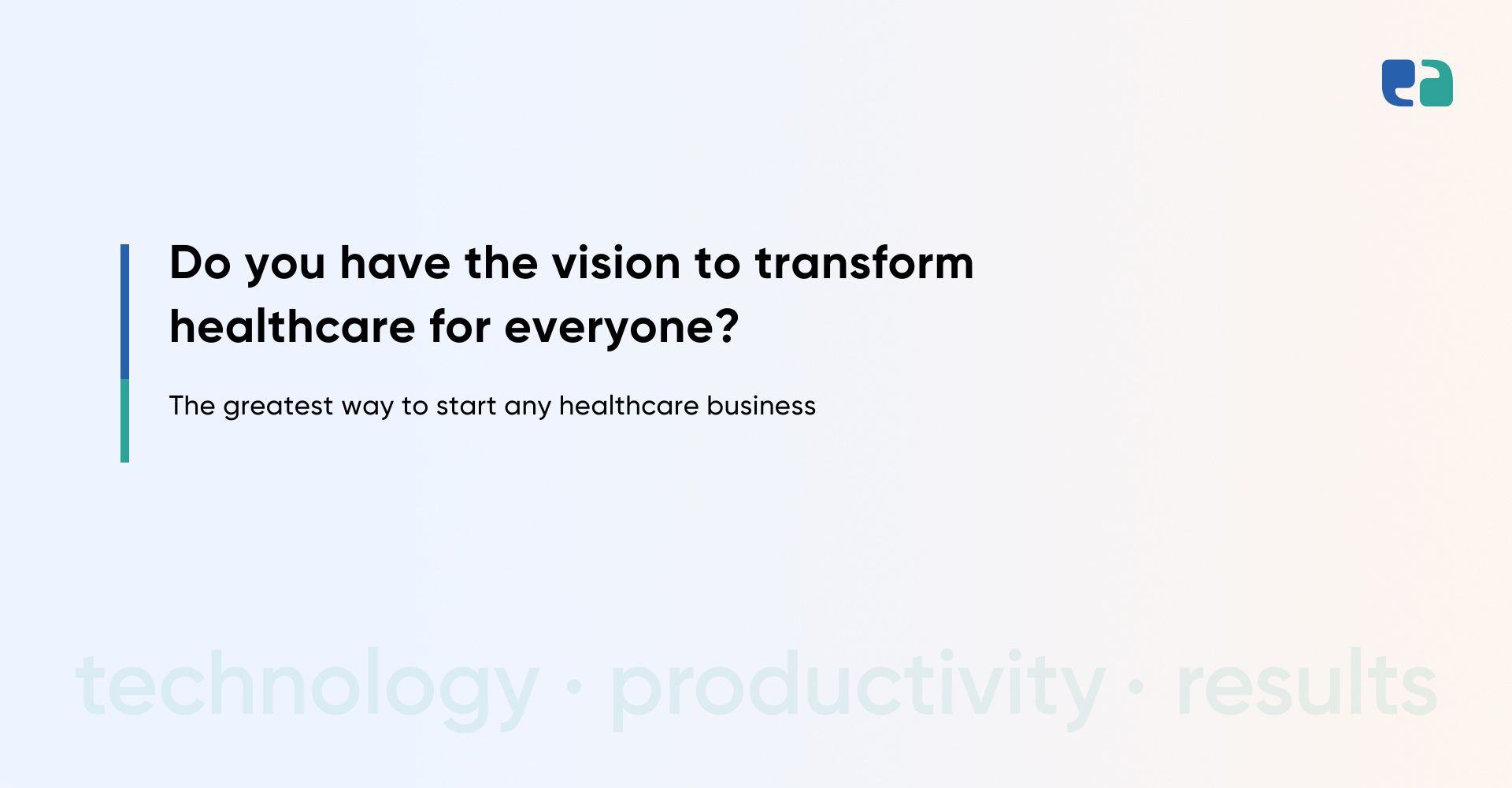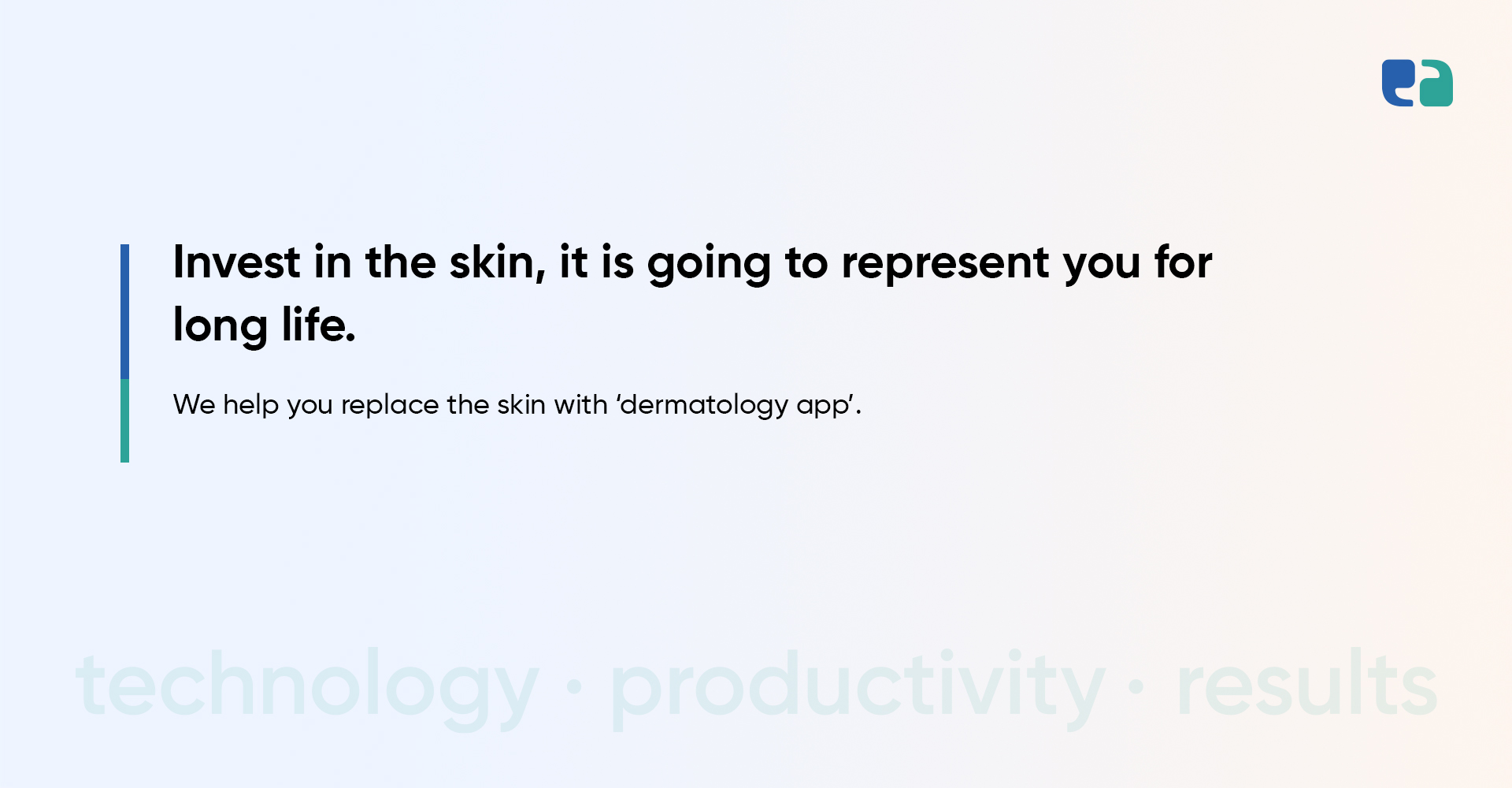The healthcare world is going digital fast.
Medical devices aren’t just hardware anymore—they run on software to diagnose, monitor, and even treat patients.
Think AI-powered diagnostics, remote monitoring apps, and smart medical tools.
This tech is changing how healthcare works, making it faster, smarter, and more accessible.
But here’s the catch—building a medical device app isn’t like making any other app.
It’s tough. There are strict regulations (FDA, ISO 13485, IEC 62304—yeah, a lot of them), serious safety standards, and the challenge of making the app work smoothly for both doctors and patients.
And let’s not forget security, usability, and making sure it plays nicely with other healthcare systems like EHRs.
That’s why picking the right development partner is a big deal.
You don’t just need someone who writes code.
You need a long-term partner—a team that gets the healthcare ecosystem, understands compliance, and knows how to take a medical device app from idea to reality without cutting corners.
A partner who’s in it for the long haul, helping you build something scalable, secure, and future-proof.
Why You Need a Dedicated Medical Device App Development Partner
If your team isn’t specialized in medical device software, things can get messy, slow, and expensive.
A dedicated development partner brings in the right expertise to make the process smoother, faster, and compliant. Here’s why you need one:
1. They Know the Rules (And How to Follow Them)
Medical device apps must meet strict regulations. Think FDA approvals, ISO 13485, and IEC 62304 compliance.
Plus, there are privacy laws like HIPAA and GDPR to protect patient data.
A specialized partner already knows how to handle all these complexities—so you don’t have to stress about legal roadblocks.
2. They Make Your App Work With Other Healthcare Systems
Your app isn’t an island—it needs to connect with EHRs, EMRs, LIS, HIS, and other healthcare platforms.
A partner with experience in HL7 and FHIR standards ensures seamless integration. That means better data flow, improved patient care, and fewer headaches for your team.
3. They Focus on Usability (Because Doctors and Patients Deserve It)
A medical device app should be easy to use—for both healthcare professionals and patients.
A good partner understands UX/UI for medical apps, applies human factors engineering, and ensures the design is intuitive, efficient, and error-free.
They’ll even run usability tests to see how real users interact with your app and improve it accordingly.
4. They Help You Scale and Adapt
Need extra resources for a critical development phase? Want a team to manage the entire lifecycle?
A dedicated partner can scale up or down as needed. They follow structured workflows, so you get clear project timelines, cost estimates, and deliverables—no surprises.
5. They Bring Fresh Ideas and Innovation
A specialized partner has worked on multiple medical device projects, meaning they bring insights from across the industry.
They stay ahead of trends, know what works (and what doesn’t), and offer new solutions you might not have thought of.
Their expertise can help you build a more competitive and future-ready app.

How to Choose the Right Medical Device App Development Partner
Choosing the right development partner is a critical decision. It’s not just about technical skills—it’s about finding a team that understands healthcare, shares your vision, and works well with you. Here’s what to look for:
Questions to Ask Before Choosing a Medical Device App Development Partner
Here’s what to ask before making a decision:

Why Integration and Compliance Matter in Medical Device Apps
Building a medical device app isn’t just about great features. It must follow strict regulations and integrate smoothly with healthcare systems. These two factors ensure safety, security, and efficiency.
1. Regulatory Compliance: A Must-Have
Medical device apps must follow industry rules like:
- FDA (USA) for safety and effectiveness.
- ISO 13485 for quality management.
- IEC 62304 for software lifecycle standards.
Ignoring these can lead to delays, extra costs, or even rejection from the market. Compliance isn’t just a legal step—it builds trust with users and healthcare providers.
2. Data Privacy and Security
Handling patient data? Then HIPAA (USA) and GDPR (Europe) compliance is crucial.
- Apps must follow strict security rules.
- Data should be encrypted and protected from breaches.
- Regular security updates keep the system safe.
Strong security isn’t just about following rules—it reassures users that their data is in safe hands.
3. Integration: Making Healthcare Work Better
A medical device app should connect easily with:
- EHR/EMR systems (like Epic or Cerner)
- Lab and hospital information systems (LIS, HIS)
Why? Because seamless integration means:
- No manual data entry.
- Faster workflows for doctors and nurses.
- Real-time access to patient records.
- Less admin work, more patient care.
At SyS Creations, we specialize in medical device integration. We help automate data transfer between apps and healthcare systems, making everything more efficient.



